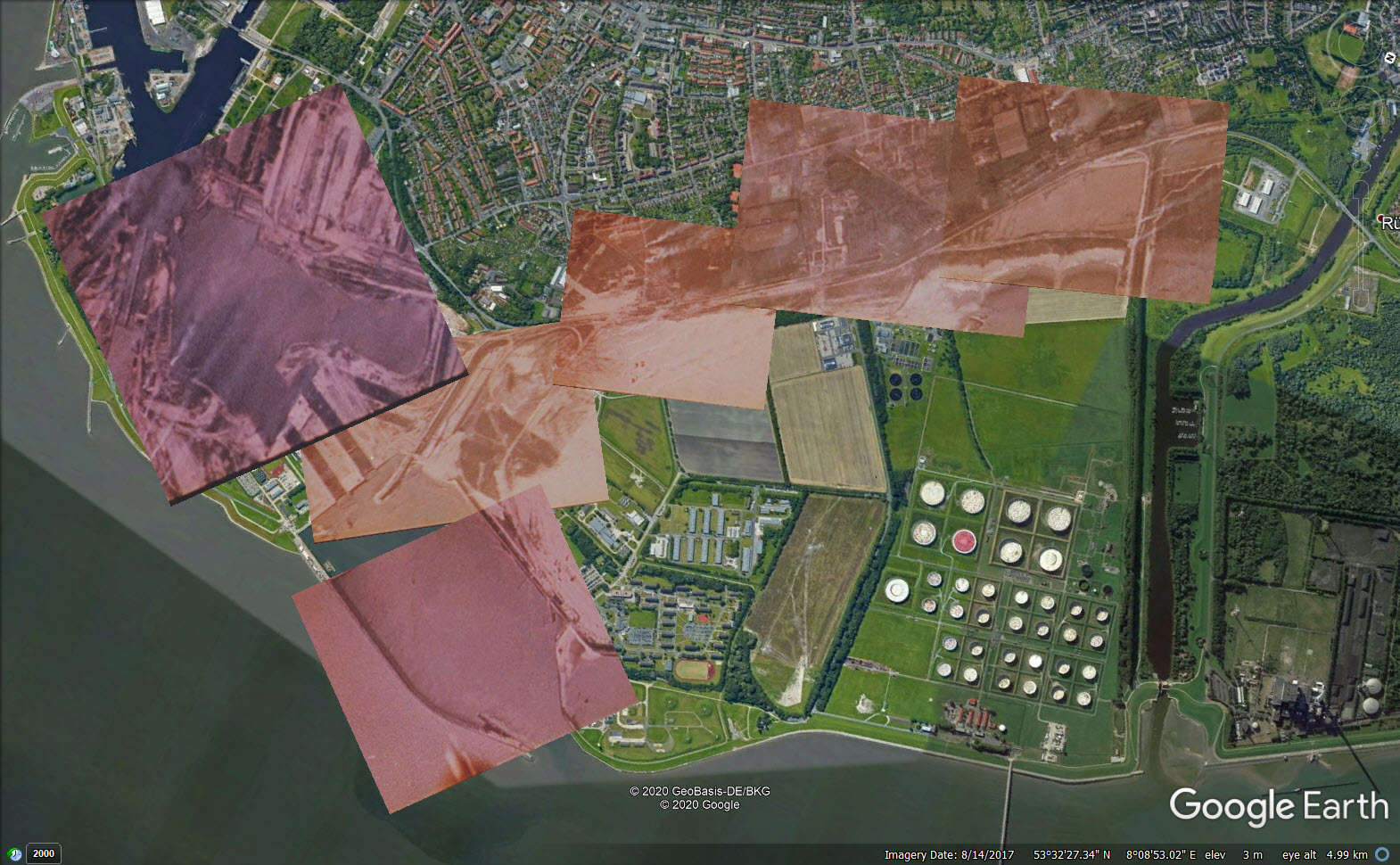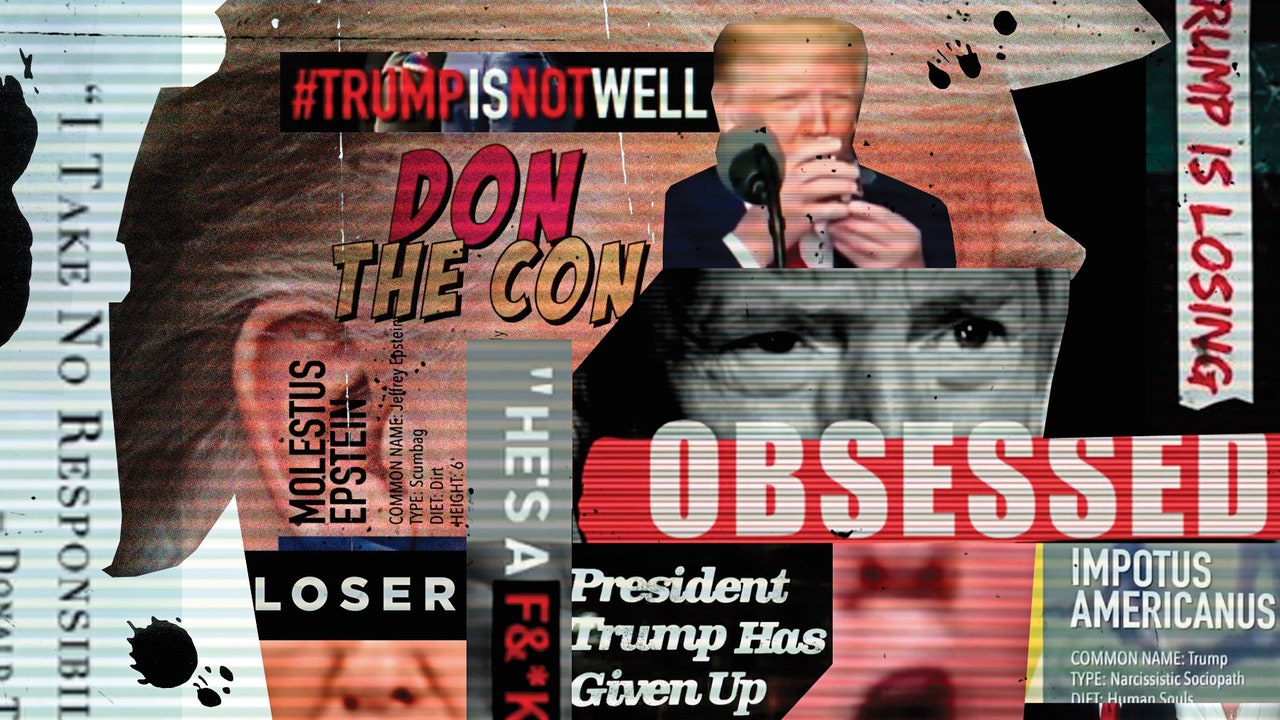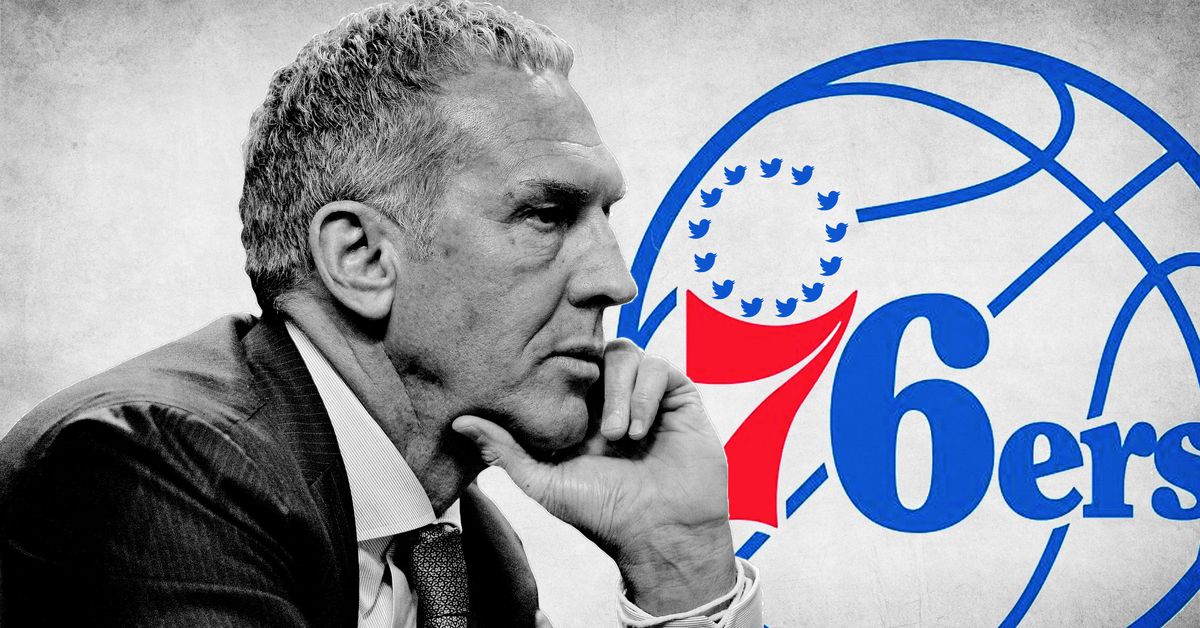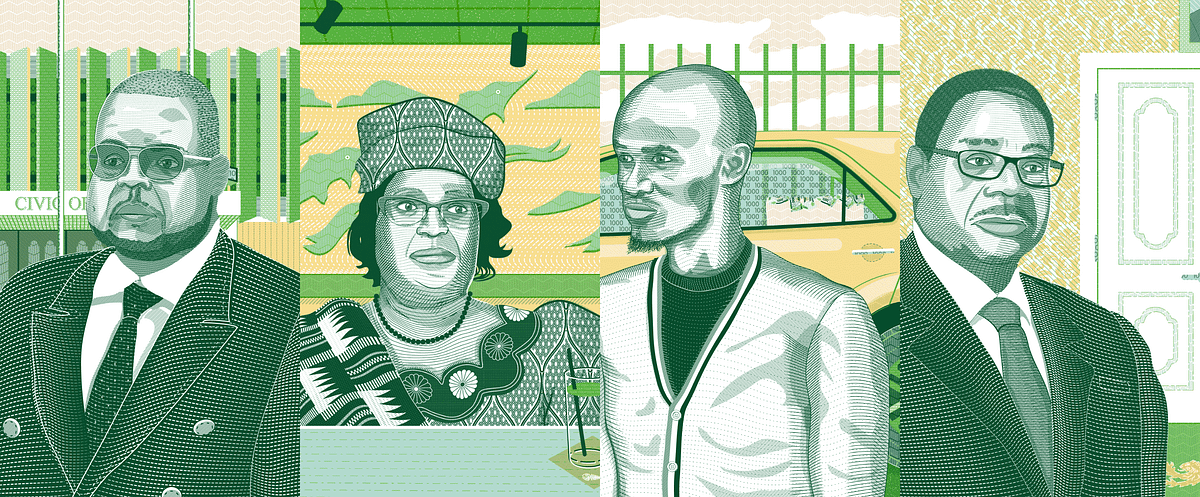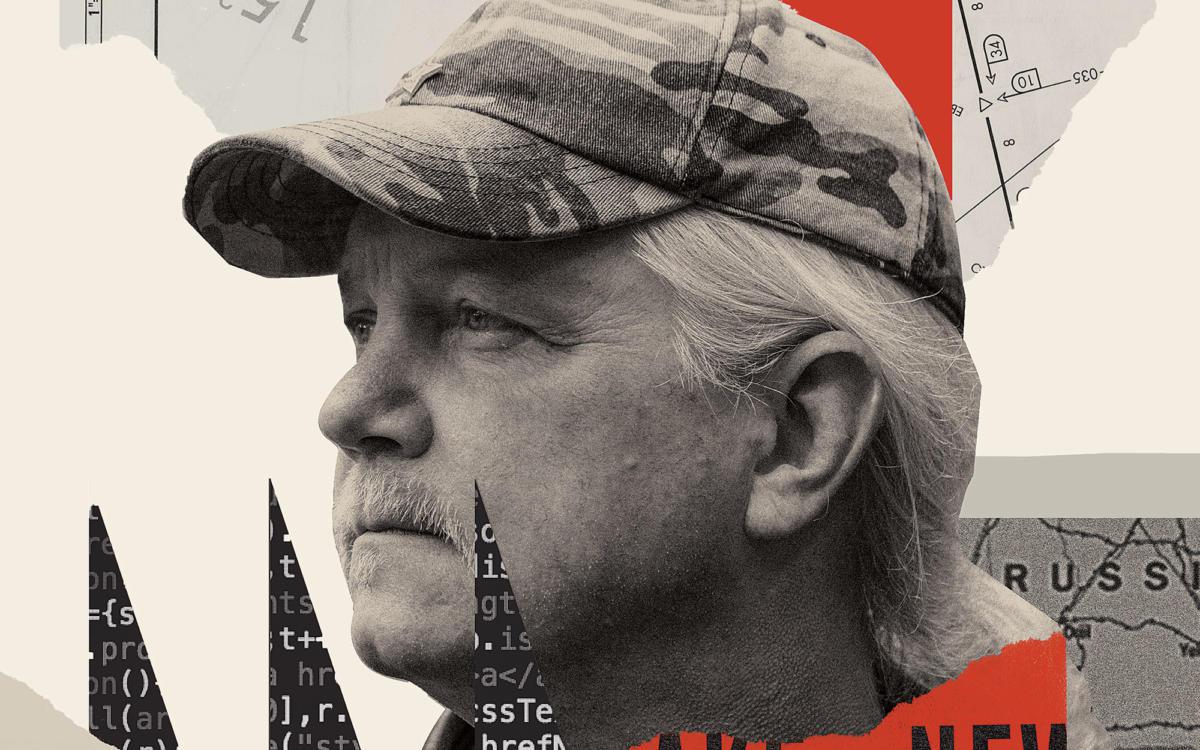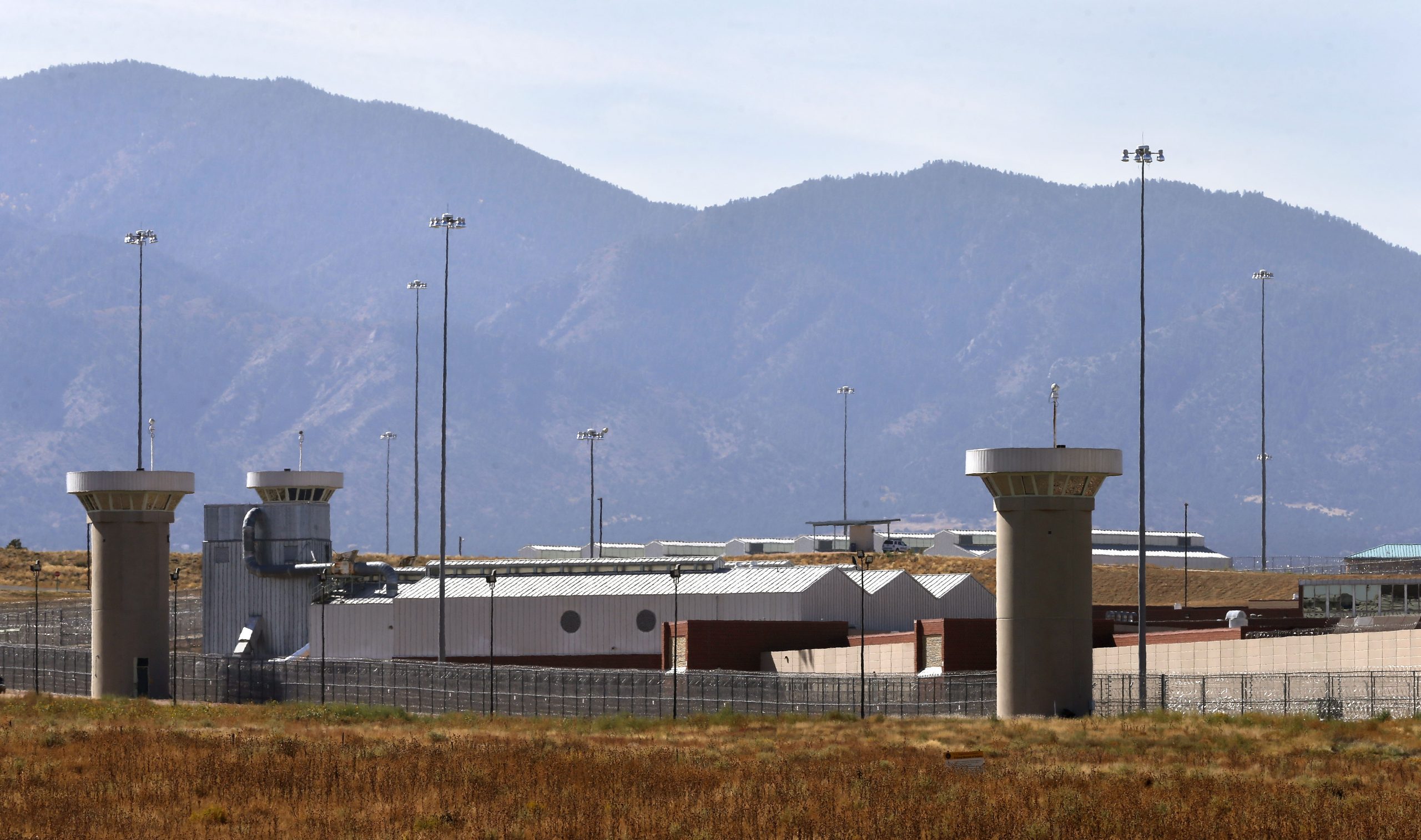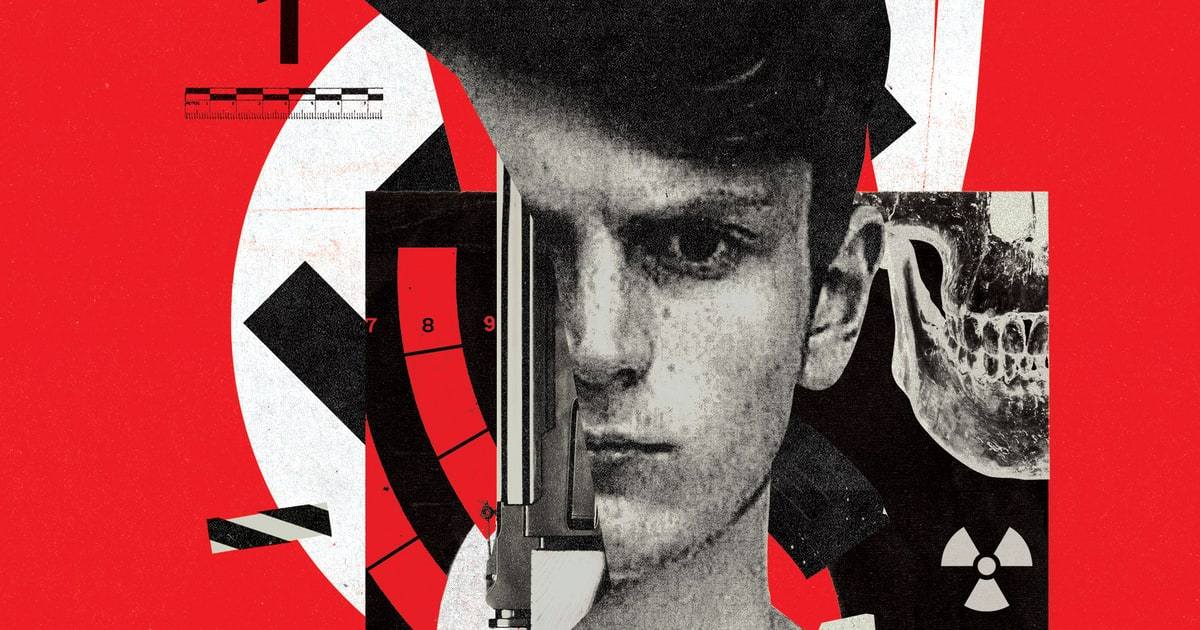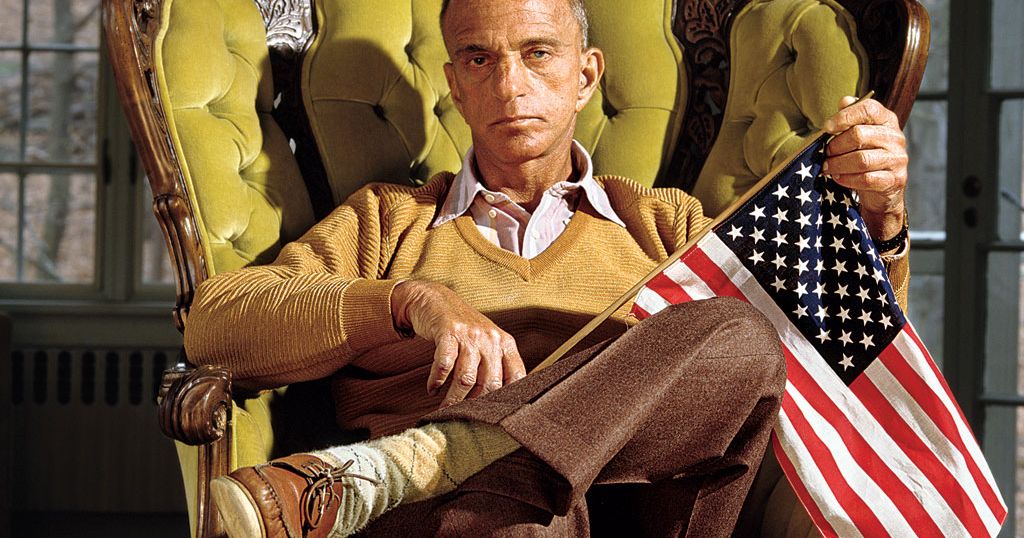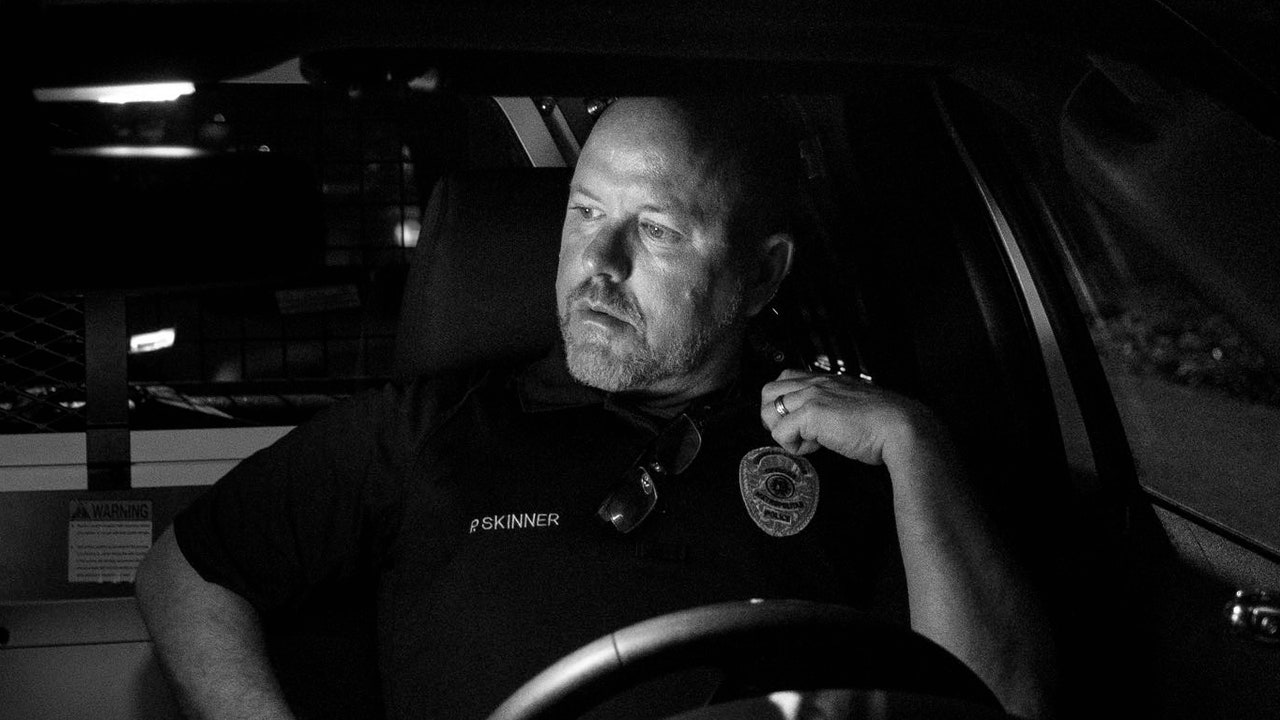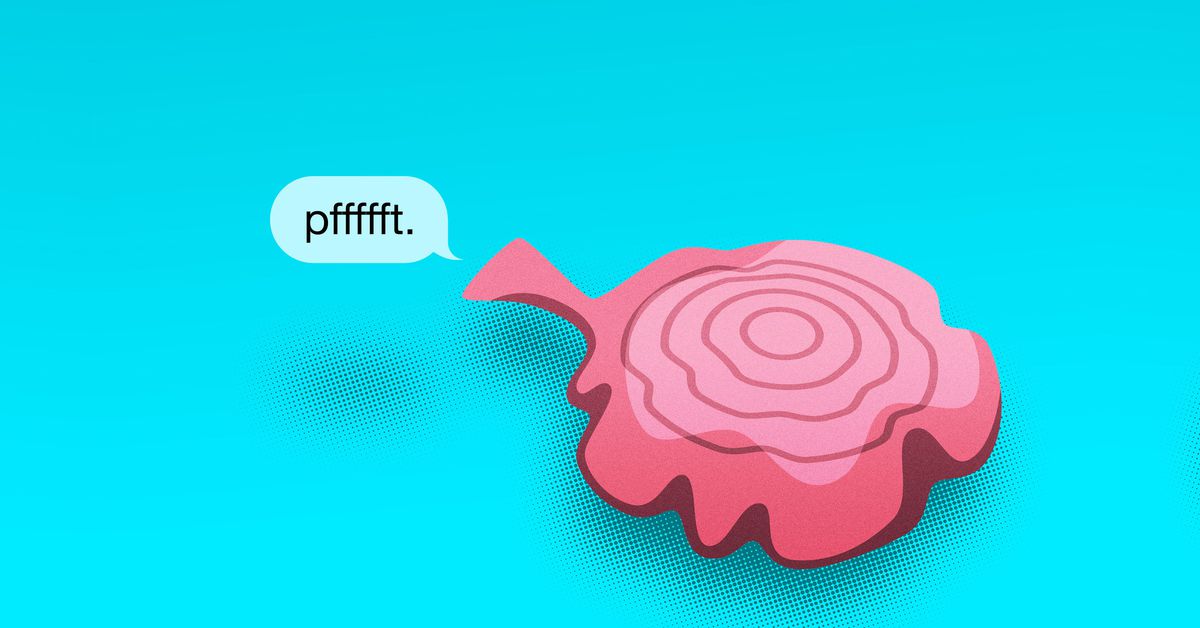After a Rigged Election, Belarus Crushes Protests Amid an Information Blackout
Alexander Lukashenka is claiming his sixth term, and his strongest opponent has fled the country.
via The New Yorker: https://www.newyorker.com/news/our-columnists/after-a-rigged-election-belarus-crushes-protests-amid-an-information-blackout
The streets of Minsk and other Belarusian cities have been battlegrounds since Sunday evening, when authorities announced that eighty per cent of voters had chosen to reëlect Alexander Lukashenka, who has been President for twenty-six years. His electoral opponent, Sviatlana Tsikhanouskaya, has fled the country. At least three thousand people have been arrested, one protester has died, and an unknown number have been injured.

